Go wider, higher, deeper by automating key cross-enterprise processes
In Stage 2, you’ll focus on capturing the immense value of top-down, across-the-enterprise initiatives as you transform how major processes are executed. You’ll extend the capabilities and throughput of the automation function and expand the types of processes you can automate.
Zero in on top-down, transformative projects
In Stage 1, you focused on capturing the ripest pipeline opportunities: easy-to-implement automations with high ROI.
In Stage 2, you’ll take on big, complex cross-enterprise processes and develop bigger, more complex automations. You’ll be touching core systems, important functional areas, and key enterprise activities. You'll embrace the notion of continuous process improvement. And enhance your abilities to launch, manage, monitor, and measure a large digital workforce continually executing critical processes. Your work will likely affect the work of hundreds or even thousands of employees, not to mention customers and suppliers. And, of course, the bottom line.
Deep breath. You’ve got this.
Extend your RPA skills and capabilities
To handle complex, cross-enterprise automations and expand the types of use cases you can handle, you’ll need a team that can understand business processes, architect elegant solutions, and integrate these automations into existing operations.
That means you’ll need to expand your team, hiring great business analysts, infrastructure engineers, and implementation managers.
You’ll also want to bring in developers and solutions architects who can build “intelligent automations” that leverage AI and machine learning and include advanced capabilities like automated chatbots and document understanding.
Case Study
Expanding automation at Wärtsilä
As a global leader in smart technologies for the marine and energy markets, the Finnish company Wärtsilä has been an early and enthusiastic adopter of automation. Learn how they went from a single project in mid-2016 to over 400 working automations throughout their worldwide operations today.
Expand CoE capacity and throughput—especially through reuse
With all the new talent you’ve brought on—and with all these big plans on your plate—it’s time to build a big, humming automation factory that can truly scale automation across the entire enterprise.
One critical component: build the capability that allows you to reuse automations across your organization. For example, it’s better to have a single, high-performing automation for auto-filling forms rather than five or six different ones. Re-use will help you accelerate development and improve automation quality across the board.
To support it, you’ll need technology that lets people store, search, and share automations. (Find out more about what we’re talking about by exploring UiPath Automation Hub).
Related asset
Discover the UiPath Immersion Lab
Find out how the UiPath Immersion Lab supports automation champions across organizations to become successful in their automation journeys.
Explore the possibilities and choose the experience you need to move your enterprise forward and accelerate progress.
Measure to support continuous improvement
You remember the metrics and assessment approaches you developed in Phase 1? It’s time to put them into action—so you (and the rest of the organization) can see how well you’re performing on:
Technical issues like robot uptime and accuracy
ROI and improved business processes
This feedback loop is critical in helping support continuous improvement of your automation efforts.
Also worth a read

Blog
Scale the right way with the 7-pillar framework
Based on real-world experience, this blog lays out a simple way to guide your growth.

Webinar
Webinar: Succeeding at automation adoption and scaling
Our on-demand webinar series untangles RPA implementation and lays out a clear map for establishing and expanding an RPA program.

Blog
Get smarter about Intelligent Automation
This blog gives you six keys to successful implementation of Intelligent Automation.



